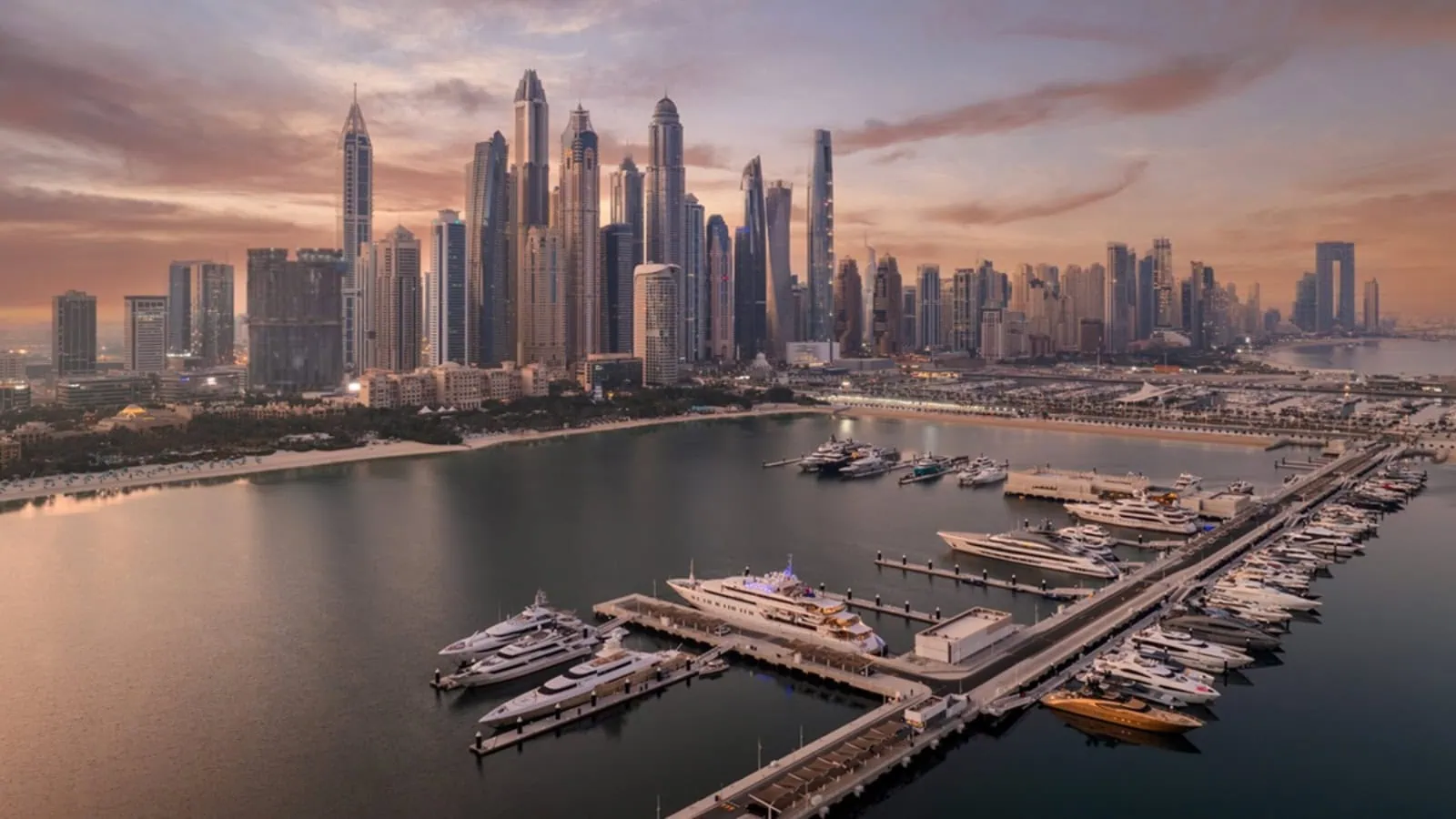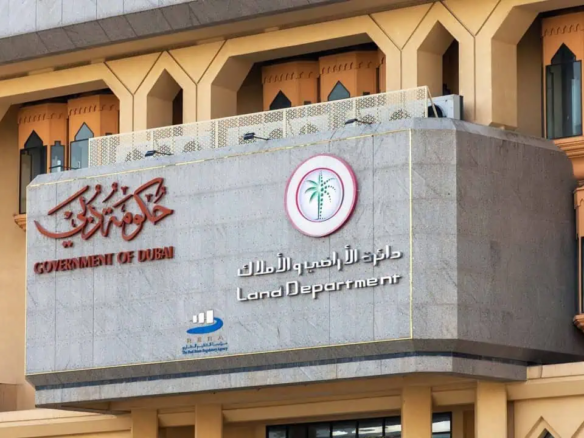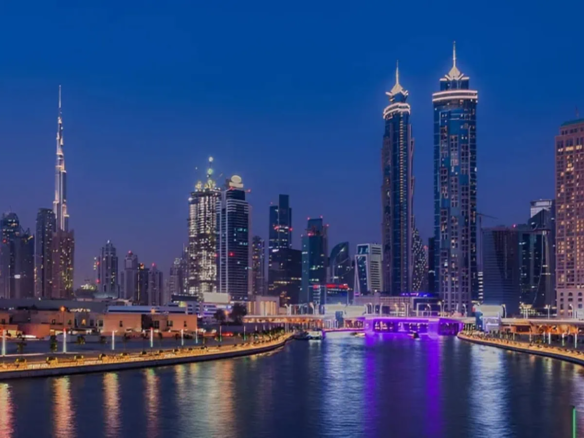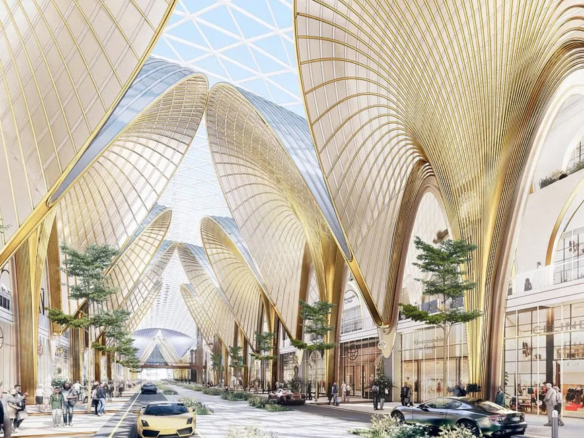Dubai’s real estate market continues to outperform global counterparts, driven by population growth, strong foreign investment, and evolving lifestyle preferences.
Market Overview
In H1 2025, Dubai saw approximately 94,700 investors, a 26% increase compared to H1 2024.
New investors accounted for 59,000, with UAE residents representing 45% of total investors.
Residential sales prices increased 20% year-on-year, while rental prices rose 19%.
Transaction volumes reached AED 262 billion in the first half of 2025, up 36% compared to H1 2024.
Top Performing Submarkets
Arjan: 6.3% price increase, 8.1% estimated gross rental yield
Jumeirah Village Circle (JVC): 3.4% price increase, 7.3% rental yield
Dubai Hills Estate: 2.1% price growth with strong mid-to-premium end-user demand
Off-Plan Sales and New Projects
Off-plan transactions now account for over 70% of total property sales.
Key zones for off-plan demand include Mohammed Bin Rashid City, Dubai South, Dubai Hills Estate, Business Bay, Downtown Dubai, and JVC.
Over 80 residential projects launched in 2025, with strong activity in JVC, Arjan, and Al Furjan.
Rental Market Trends
Short-term rentals: 65–72% occupancy
Long-term rentals under AED 120,000/year: 88–90% occupancy
Premium rentals above AED 300,000/year experience longer vacancy cycles
International Investor Profile
Top nationalities investing in Dubai real estate include India, United Kingdom, Russia, China, and Saudi Arabia.
GCC investors increasingly target family-oriented communities, villas, and branded residences.
Key Trends Shaping Dubai Real Estate in 2025
Suburban Shift: Rising rents in central areas push residents toward suburban communities such as Dubai Silicon Oasis, JVC, and Dubai South.
Wellness-Focused Developments: Amenities now include green spaces, co-working areas, hydrotherapy pools, and pet-friendly zones.
Sustainability: Green certifications, solar integration, and energy-efficient materials are influencing buying and rental decisions.
Mixed-Use Developments: “Vertical villages” combining residential, commercial, and social infrastructure are gaining popularity.
PropTech Integration: AI-enabled platforms, AR/VR tours, blockchain transactions, and predictive pricing tools are improving property access and investment opportunities.
Project-Specific Growth: Market momentum is increasingly tied to specific projects rather than broad submarkets.




